Automatic language translation
Our website uses an automatic service to translate our content into different languages. These translations should be used as a guide only. See our Accessibility page for further information.

If you can’t make legal decisions for yourself, the senior officer must talk to your parent or guardian.
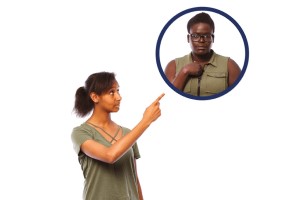
A guardian is a person who acts and makes decisions for you.

You can’t make legal decisions if you are between 14 and 18 years old.
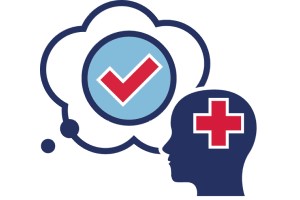
You also can’t make legal decisions if something affects how you make decisions.
This includes a:

For example, you might have someone who:
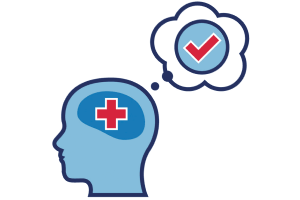
A mental health impairment can affect how you make decisions.
Your mental health is about how you:
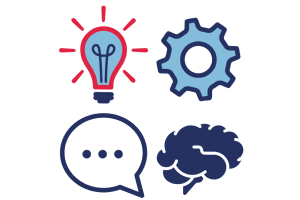
A cognitive impairment can also affect how you make decisions.
A cognitive impairment is a disability that can affect how you:
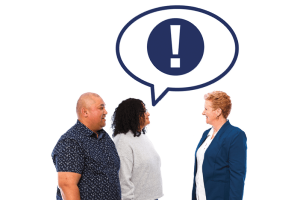
If this is true for you, you must tell the senior officer.
And you should tell your parent or guardian that the senior officer contacted you.

If you can’t make legal decisions for yourself, the senior officer can’t:
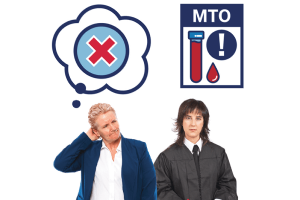
But they can choose to:
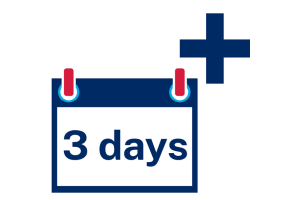
If the senior officer asks the courts for an MTO, this can take longer than 3 days.
31 Aug 2023